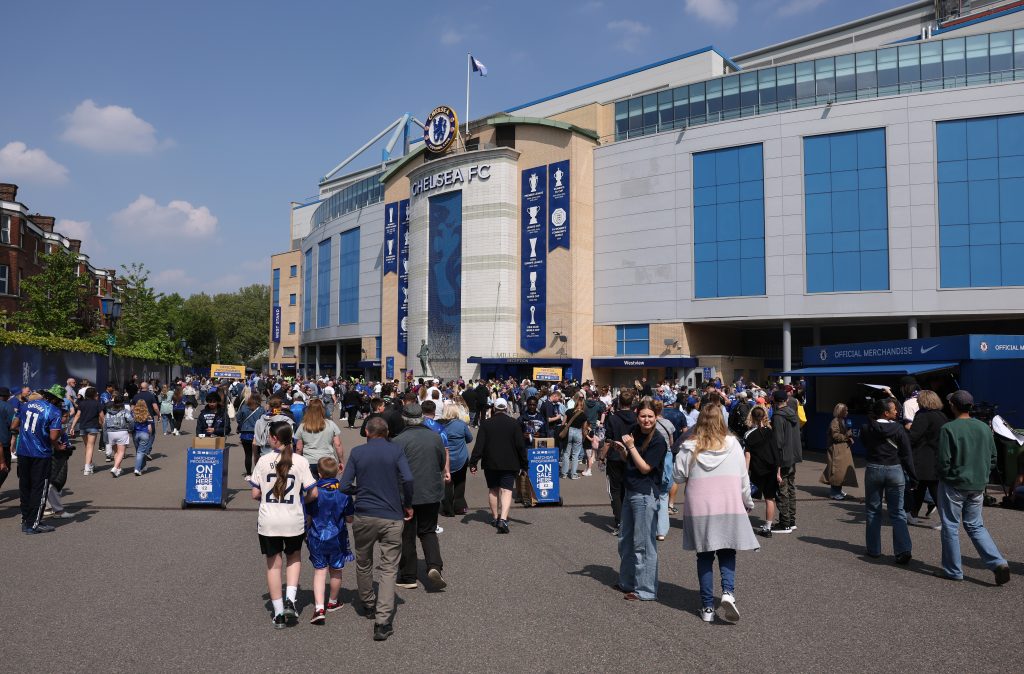Chelsea head into the October international break sitting in a respectable position in a number of different competitions. However, with some key players away on national duty and others staying on at Cobham, the two-week break can be both a chance and a cause for concern for Enzo Maresca and his men.
The break comes at a crucial time of the season, with Chelsea still playing on a number of fronts and needing to keep momentum going whilst managing a squad that has already shown evidence of fatigue in certain areas.
Where Does Chelsea Stand in the Title Race?
The Blues find themselves as something of an outsider in the title race of the Premier League, with bookmakers offering odds of about 12/1 to lift the trophy come May. It is a reflection of their campaign so far under Maresca, promising moments interspersed with inconsistency that has them trailing the real contenders.
The odds can be found on various sportsbooks. Those interested can learn more on betting alternatives that offer competitive odds, fast payouts, and other benefits. The odds speak their own story of where Chelsea sit in the pecking order in terms of being a team that can challenge for a Champions League qualification, but not quite yet ready to go toe-to-toe with the likes of Manchester City, Arsenal or Liverpool over the course of 38 games.
For Maresca, the international break is an opportunity to prove those doubters wrong. Two weeks in the training ground, to iron out his tactics and work on the defensive lapses which have cost his side points, could be the difference between being 12/1 shots and being true contenders when the business end of the season arrives.
The Injury Worry
International breaks have always been a cause of concern for club managers, and Maresca is no exception. Chelsea has dispatched an important pool of players worldwide to play for their nations, and the possibility of injuries in these games is a big one.
The physical demands of international football, together with a lot of travel and rapid turnaround from one match to the next, create a perfect storm for potential problems. Players such as Enzo Fernandez, who has been vital for Chelsea’s midfield structure this season, have two competitive matches where they could be taken back to Cobham nursing knocks or suffering from fatigue with Argentina.
The case of Ecuadorian Moises Caicedo raises similar issues, especially considering the altitude challenges of South American qualifiers. Wesley Fofana’s choice to have him join France adds another layer of concern with his history of injury and the importance of ensuring he remains fit during a congested domestic schedule.
The medical team within the club will be looking closely at situations, keeping in touch with the national team staff, to monitor workloads and any issues that can arise during training or matches. Losing any key player to international duty would make Chelsea’s ambitions far more difficult and likely see those title odds drift even further.
Rest and Recovery
Whilst some players jet off around the world, others stick with London and get a chance to rest and recuperate. This is especially useful to those who have sustained small knocks or are carrying the accumulated weariness of an unrelenting fixture schedule.
Cole Palmer, who has been Chelsea’s outstanding performer last season, is benefiting from not being called up by England in these particular fixtures. The 22-year-old has taken on a huge creative burden for the Blues, and two weeks of less intense training could prove invaluable in keeping him fresh for the task ahead.
Palmer has played a part in virtually every good moment for Chelsea this season, and his continued fitness is arguably the most significant factor in their season. The break allows him to both physically and mentally recharge from the pressures of playing in football and return sharper and more dangerous than ever.
Tactical Adjustments
Beyond the physical benefits, the international break gives Maresca a rare chance to work hard with the players still at Cobham. In a regular week, playing Chelsea will usually have one or two days between games, so there is little time to do detailed technical work or experiment.
With two weeks to play with, the Italian can work on certain patterns of play, work on set-piece routines and also on defensive issues which have surfaced in recent matches. The smaller squad also means more individualised attention for those there, allowing targeted improvement that simply isn’t possible during the relentless grind of weekly fixtures.
This proves particularly valuable for the newer signings who are still working to adapt to Maresca’s demands. Players who have been struggling with consistency can use the time to better understand their roles within the system and build relationships with their teammates away from the spotlight of match days.
